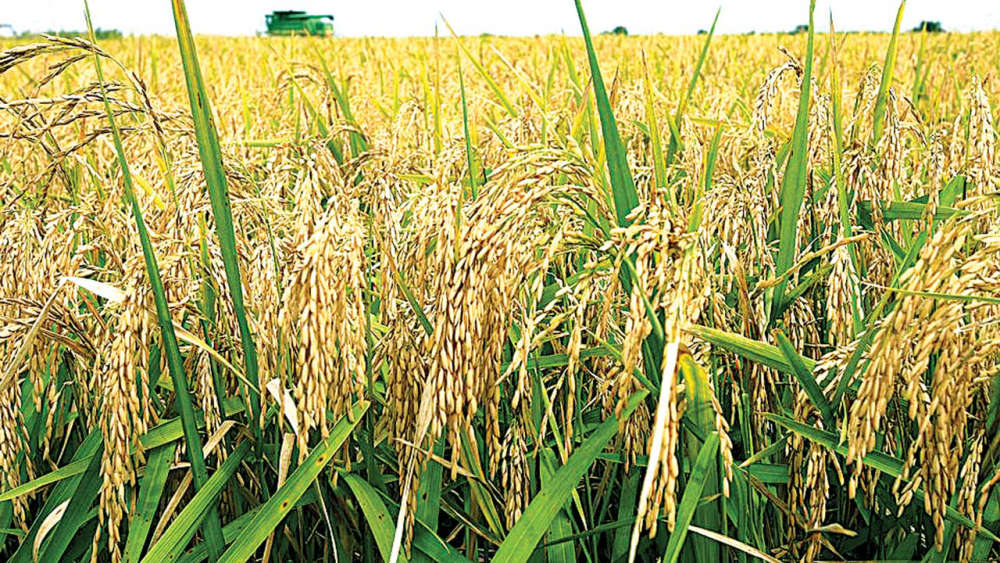
On July 17, 2023, Russia decided to pull out of the Black Sea grain deal. The deal would have allowed Ukraine to continue exporting grains through the Black Sea
Africa also accounts for 33 percent of the world’s hungry population. Yet, Russia’s decision to renege on the grain deal due to its ongoing war with Ukraine has worsened food insecurity in Africa. Nonetheless, the Russia-Ukraine war has underscored Africa’s unhealthy dependence on food imports and why the continent should become food-sufficient. Food sufficiency will liberate Africa’s starving population from hunger and poverty.
Africa can achieve much-needed food sufficiency by cultivating more land and investing in agricultural systems like infrastructure, machinery, and technology, particularly with the strong involvement of private investors. Moreover, partnering with private sector players to stem insecurity and flooding will fast-track the continent’s journey to food security.
African countries need to cultivate more land for cereal production. According to the African Development Bank, 65 percent of Africa’s land area is arable. A 2020 Statista survey showed countries like South Africa, Nigeria, and Sudan topping the chart of largest agricultural land areas in Africa. Still, Africa spends over $75 billion annually importing 100 million metric tons of cereals.
Meanwhile, wheat imports account for 90 percent of the continent’s $4 billion trade with Russia and almost half its $4.5 billion trade with Ukraine. Consequently, there is a gap between Africa’s cereal consumption and production. Cultivating more land to improve cereal production will save African countries money and liberate them from their unhealthy dependency on foreign nations for food.
Africa must invest in resilient and efficient agricultural systems to enhance cereal productivity. Agricultural ministries should collaborate with private investors to provide farmers with better-quality seeds, irrigation, and efficient storage. Many farmers still rely heavily on rainfall and suffer significant losses during drought. Hence, better irrigation will minimize farmers’ losses.
There are also modern storage methods for grains, like metal silos. Although expensive, metal silos prevent pest infestation, leakage, moisture, and rot. Metal silos are more effective at limiting storage losses. African governments can partner with private agricultural research institutes to train farmers to manufacture them.
Many farmers need help accessing farm machines because they are expensive. However, agricultural ministries could partner with private tech startups to implement machine-on-demand schemes. The machine-on-demand initiative should work like e-hailing businesses, which involve ordering taxi services online using smartphone applications. In farmers’ cases, they can rent customized farm machines using their smartphones.
African countries must also tackle regional obstacles like farmer-herder crises, insurgencies, and flooding. Between 2010 and 2021, West and Central Africa recorded over 15,000 deaths linked to farmer-herder problems. In 2022, devastating floods affected over 8 million people in West and Central Africa. The floods submerged farmlands and destroyed crops and livestock. In Nigeria, over 4,000 people died in 70 terrorist attacks between January and June 2023.
National governments should institute state and community policing. This way, states can cater to their unique security needs more intimately. Defense ministries and private security firms can work together to train security volunteers at state and community levels. Subsequently, these guards could be stationed in farm areas and markets. The guards will also be instrumental in gathering intelligence for the police and other law enforcement agencies in the country.
In addressing flooding, coastal African countries should institute more flood-proof measures. Aside from constructing dams, relevant ministries in African countries should employ civil engineers to build more flood infrastructure like sluices, levees, and locks, similar to the Netherlands’ Delta Works.
African countries should use the African Continental Free Trade Agreement to promote barter within the continent. Ethiopia, South Africa, Sudan, Kenya, Tanzania, Nigeria, Zimbabwe, and Zambia are already the primary wheat producers on the continent. They can trade wheat for farm products or livestock with other African countries. Barter will encourage cooperation and attract private investors. It will also boost the continent’s economy through exports.
As Russia’s war in Ukraine lingers, the well-being of Africans should not be subject to the caprices of two warring nations. Instead, African governments should seize the opportunity to achieve food sufficiency and assert autonomy.
Yvonne Okhaifoh is a broadcast journalist and a writing fellow of African Liberty.


